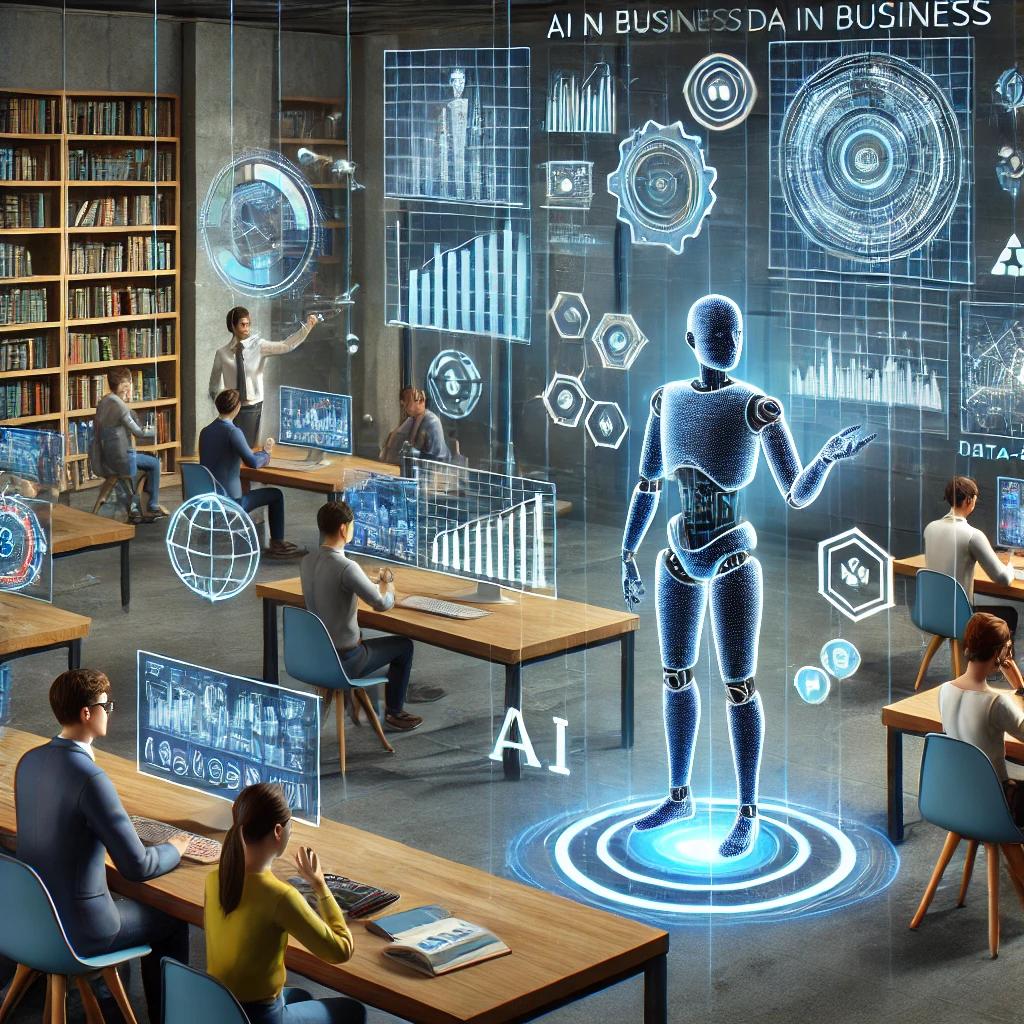When OpenAI unveiled ChatGPT in November 2022, it sent ripples through the academic landscape, igniting a spectrum of reactions from educators and institutions. While some welcomed the advancement as an innovative tool, many—especially at prestigious universities—expressed skepticism and concern. There were apprehensions that this AI chatbot could undermine traditional academic practices, with fears that it might spell the end for student essays and critical thinking skills. Concerns about cheating were prevalent, leading schools and colleges to grapple with how to integrate this technology into their curricula without compromising educational integrity.
In the immediate aftermath of ChatGPT’s release, faculty meetings were often charged with heated debates. Educators found themselves at a crossroads, weighing the merits of banning AI tools against the potential benefits of incorporating them into academic frameworks. Some saw AI as a threat to academic rigor, while others began to recognize its potential as a transformative educational resource. As time passed, educators began to experiment with AI tools, leading to a significant shift in perspective. They started to see the technology as a powerful means to enhance the learning experience, making education more personalized, adaptive, and accessible.
AI Tutors: Personalizing Learning
One of the most exciting applications of AI in education is the emergence of AI-powered tutors. Picture a typical MBA student who is managing a demanding coursework load, a part-time job, and entrepreneurial aspirations. For such students, traditional classes can be overwhelming, making it difficult to keep pace. AI tutors step in as a game-changer, adapting to each student’s unique learning requirements, strengths, and weaknesses. By analyzing coursework and performance metrics, these AI tools create personalized learning paths.
For instance, AI can break down complex concepts into simpler components, provide instant feedback on assignments, and monitor progress—all from a mobile device. This flexibility empowers students to learn at their own pace, fostering a more individualized educational experience. Instead of being confined to a rigid curriculum, learners can explore topics in a way that suits their learning style, ultimately leading to deeper understanding and retention of knowledge.
Real-Time Learning: Instant Feedback
Another significant advantage of AI in business education is its ability to facilitate real-time learning. Imagine a student submitting a case study for a crucial finance class and receiving feedback within minutes. In traditional educational settings, grading can take days or even weeks, leaving students in the dark about their performance. AI-driven assessments, however, offer instantaneous and detailed feedback that not only highlights errors but also provides constructive suggestions for improvement.
This real-time feedback fosters a dynamic learning environment where students can make immediate adjustments to their work, reinforcing their understanding of the material more effectively. The ability to receive prompt responses prepares students for fast-paced business environments, where quick decision-making and adaptability are essential skills. Students are no longer passive recipients of information; they become active participants in their learning journeys.
Simulated Learners: Refining Teaching Techniques
AI is also reshaping how educators refine their teaching methodologies. Rather than relying solely on live classroom interactions, instructors can now practice in virtual classrooms filled with AI-generated students. Each virtual student can exhibit different learning styles and challenges—some may be highly engaged, while others may struggle or even be disruptive.
The AI analyzes the instructor’s teaching performance, offering real-time feedback on clarity, engagement, and responsiveness. This approach allows faculty to experiment with different teaching strategies and learn how to handle various classroom scenarios without the pressure of affecting real student outcomes. Educators can receive constructive feedback on their performance, enabling them to improve their skills continually.
Additionally, AI-powered simulators can be updated with the latest industry trends, allowing educators to stay current with developments in their fields. By continuously refining their teaching strategies, faculty can better prepare students for emerging challenges in the business world.
Virtual Firms: Hands-On Experience
AI’s role in business education extends beyond individualized learning and real-time assessments; it also provides students with opportunities to engage in practical simulations. These simulations allow students to manage virtual firms within dynamic, real-world scenarios. By reflecting real-time market conditions and business challenges, these exercises give aspiring business leaders valuable hands-on experience in decision-making.
For example, students can practice managing a virtual company, making strategic choices, and facing consequences based on their decisions. This immersive learning experience prepares them for the complexities of actual business operations and helps them develop critical thinking and problem-solving skills. Moreover, simulations can be tailored to reflect various business environments, from startups to large corporations, enabling students to gain insights into different industry dynamics.
The Future of Business Education
As AI continues to evolve, its potential to revolutionize business education becomes even more pronounced. Educational institutions are beginning to embrace AI not just as a supplementary tool but as an integral part of their pedagogical frameworks. By leveraging AI technologies, educators can create more engaging and effective learning experiences that cater to the diverse needs of students.
Moreover, the integration of AI into business education prepares students for a future where technology will play a central role in business operations. As industries increasingly adopt AI-driven solutions, graduates will be better equipped to navigate the complexities of modern business landscapes. They will possess the skills necessary to harness AI technologies for strategic decision-making, data analysis, and problem-solving.
Conclusion
The advent of AI in business education has marked a significant turning point, prompting educators and institutions to reconsider their approaches to teaching and learning. What initially appeared to be a threat has transformed into an opportunity for innovation and improvement. As AI continues to make inroads into educational settings, it is essential for educators to embrace its potential while also addressing the challenges it presents.
By harnessing the power of AI, educational institutions can create more personalized, adaptive, and accessible learning environments that empower students to thrive in the ever-evolving business landscape. The collaboration between educators and AI will shape the future of business education, preparing the next generation of leaders to tackle the challenges and opportunities that lie ahead. As AI technology continues to advance, its integration into business education will undoubtedly yield transformative results, enhancing the learning experience and equipping students with the skills they need to succeed in an increasingly complex world.
In summary, the landscape of business education is rapidly evolving due to the influence of AI technologies. Educators who embrace these tools can significantly enhance their teaching effectiveness and improve student outcomes, ultimately fostering a new generation of business leaders ready to navigate the challenges of the future.

